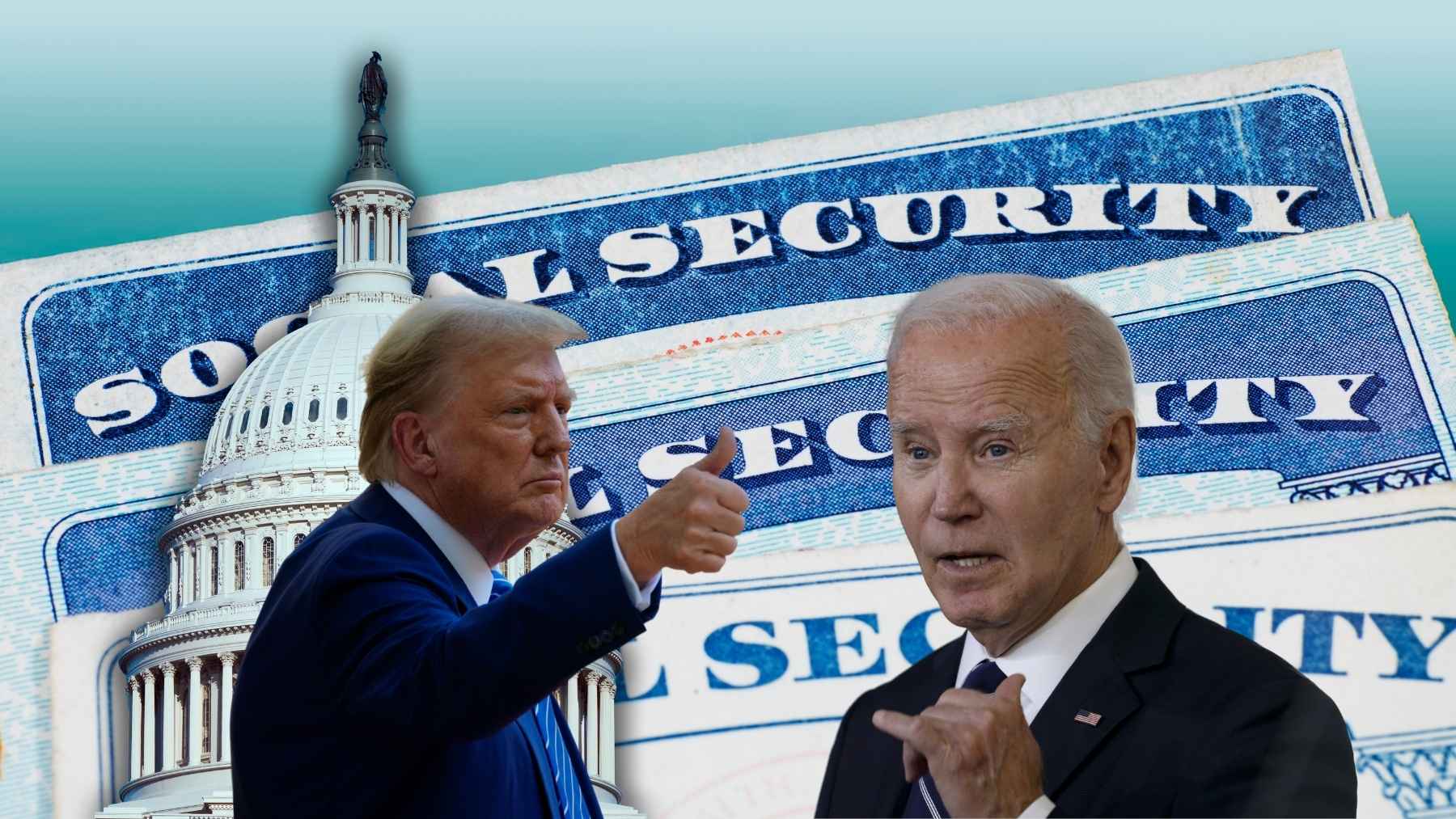In January, the former President Joe Biden signed the Social Security Fairness Act into law and as a result, a certain cohort of public sector employees would no longer have their benefits reduced or eliminated. These workers had previously had their benefits limited as a result of two provisions — The Windfall Elimination Provision (WEP) and the Government Pension Offset (GPO) — that had previously been put in place but have since been repealed as a result of the Social Security Fairness Act.
Subsequently, many beneficiaries who qualify under the Social Security Fairness Act will see a increase to their monthly benefits.
Here is what you need to know.
Benefit bump under the Social Security Fairness Act
Prior to the Social Security Fairness Act, close to 3 million individuals had their benefits reduced or eliminated because they had received “a pension based on work that was not covered by Social Security (a “non-covered pension”) because they did not pay Social Security taxes,” as per the Social Security Administration (SSA) website.
The impacted cohort consisted of the following workers, as stated on the SSA website:
- teachers, firefighters, and police officers in many states;
- federal employees covered by the Civil Service Retirement System; and
- people whose work had been covered by a foreign social security system.
As such, under the new law, retirees who had previously been affected by the WEP “may see an average monthly increase of approximately $360 in their Social Security benefits,” according to Peter Diamond, a federally licensed tax and certified bankability expert.
“With the repeal, their benefit would now reflect their full earnings record, resulting in a higher monthly payment,” added Diamond.
Under the GPO, survivor and spousal benefits had been hit with a reduction, with some retirees receiving absolutely nothing from Social Security even if they had paid into Social Security taxes as a result of alternate employment. According to Diamond, “a retired teacher receiving a state pension who was previously ineligible for full spousal Social Security benefits due to the GPO can now claim these benefits in full, potentially increasing their household income significantly.”
Furthermore, the over 2.8 million impacted public sector workers have more than just an inflated benefit amount to look forward to under the new Fairness Act. Due to the WEP and the GPO being repealed, many retirees will additionally qualify for a retroactive lump sum payment dating back to January 2024. According to a recent update from the agency, 91% of these cases have already been processed. The SSA was able to expedite these adjustments with the use of automation. SSA Commissioner Frank Bisignano — who aims to have all remaining cases updated by July 1st — has also instructed employees to prioritize the remaining approximately 900,000 remaining cases.
Could this benefit increase cost you more?
A benefit increase increase is all well and good until you realize that the higher the income, the higher the taxes and this could very well be the case for those with increased benefits under the new law.
“The increase in Social Security benefits may lead to higher taxable income for some retirees,” Diamond explains. “Under current tax laws, up to 85% of Social Security benefits can be taxable, depending on the retiree’s combined income.”
In the same grain of things, these retirees could also see their Medicare premiums going up if their increased benefit amount causes them to enter a higher tax bracket. According to Diamond, this could occur because “higher Social Security benefits could increase a retiree’s modified adjusted gross income (MAGI), potentially leading to higher Medicare Part B and D premiums due to Income-Related Monthly Adjustment Amounts (IRMAA).”
Additionally, regarding Medicare premium payments, the SSA also notes that a notice will be sent out once the beneficiary’s case is updated. Subsequently, when they begin receiving a monthly benefit, their Medicare premium will be deducted automatically from their benefit and they will no longer be required to make the payment separately.

